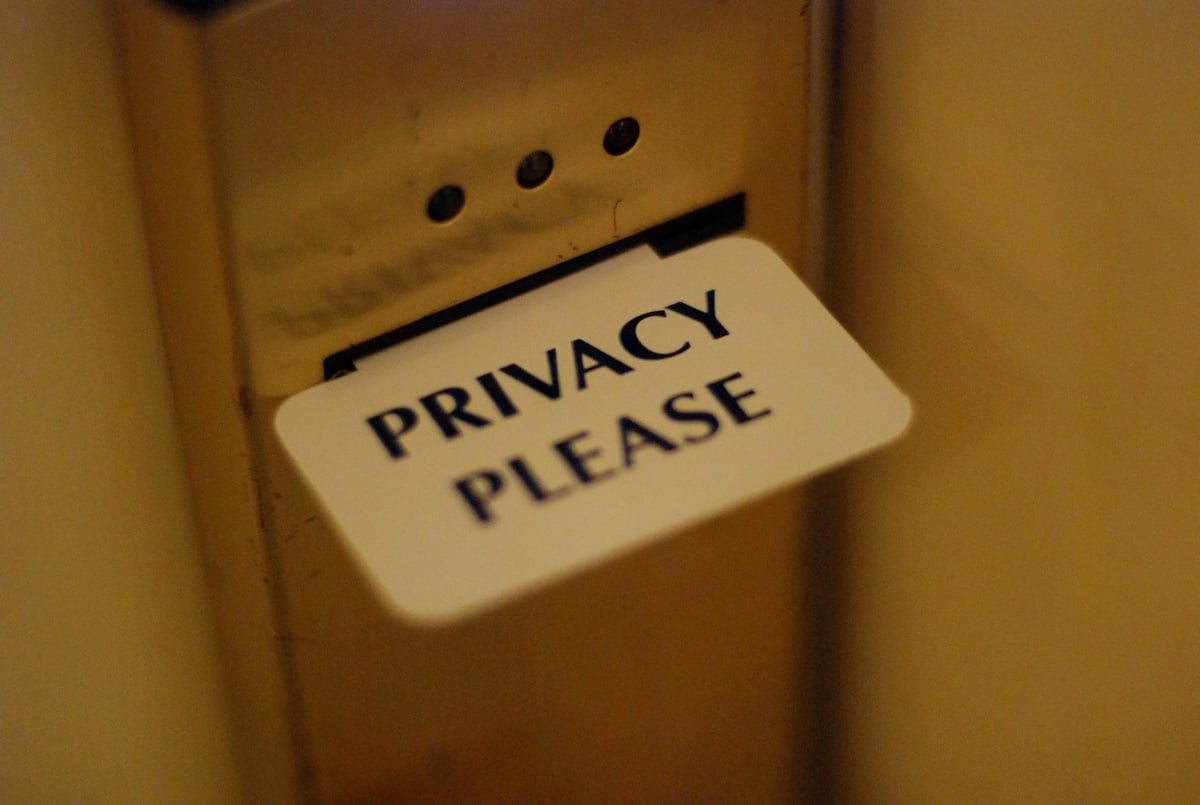cross-posted from: https://lemmy.zip/post/52834195
“If adopted, these amendments would not simplify compliance but hollow out the GDPR’s and ePrivacy’s core guarantees: purpose limitation, accountability, and independent oversight,” Itxaso Dominguez de Olazabal, from the European Digital Rights group, told EUobserver.
The draft includes adjustments to what is considered “personal data,” a key component of the GDPR and protected by Article 8 of the Charter of Fundamental Rights of the European Union.



Enforcing the restriction through a browser web standard, instead of a popup susceptible to anti-patterns, is a good idea. Sure, you could configure your browser to say “yes to all”, but you control the browser. You could also configure it to say “no to all” if that’s what you want. It’d be the equivalent of a popup, just automated by you. It’s the way I always thought the cookie permissions should have been done. The same way as when a website asks about permissions for notifications, or camera/mic access.
But I don’t think this is what the article is talking about. They are not talking about using a web standard or anything like that, they are talking about how the very definition of “personal data” is being changed, and that does not look good.